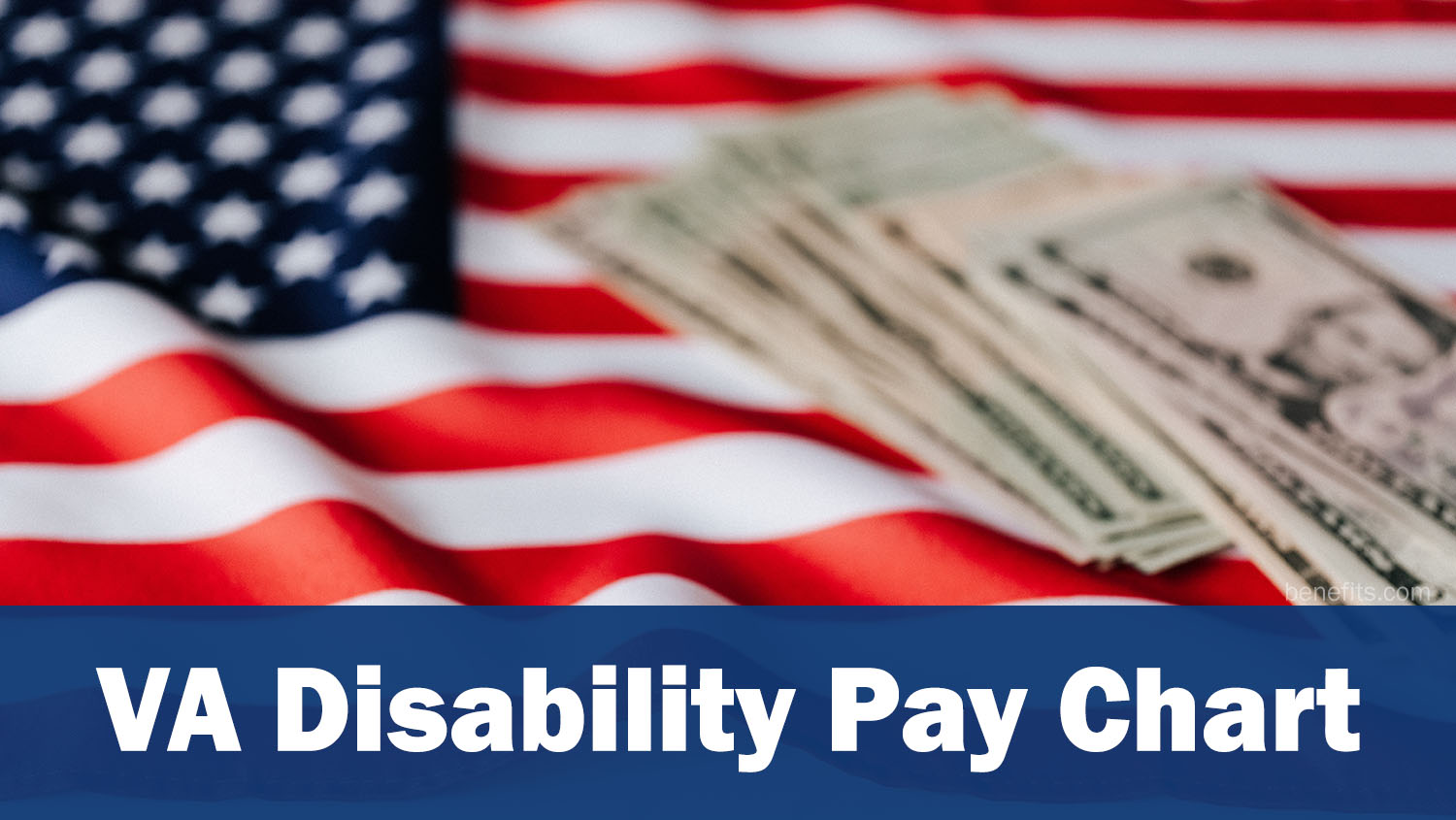Definition
Palliative Care is a specialized form of medical care aimed at providing relief from symptoms and suffering associated with serious illnesses or conditions, without focusing on curing the underlying disease. Its primary goal is to improve the quality of life for patients and their families by addressing physical, emotional, and spiritual needs. VA benefits cover Palliative Care services for eligible veterans to manage pain, symptoms, and emotional distress related to their health issues.
Key Takeaways
- Palliative care focuses on providing relief from the symptoms, pain, and stress of a serious illness to improve the quality of life for both the patient and their family.
- This type of care is available to veterans as a part of their VA benefits and can be provided at any stage of an illness, including alongside curative treatment.
- VA palliative care services include effective symptom management, emotional and spiritual support, and assistance in coordinating care with other healthcare providers.
Importance
Palliative care is a crucial term in VA benefits as it signifies the specialized medical care provided to veterans with serious illnesses to improve their overall quality of life.
It aims to alleviate suffering through managing symptoms such as pain, shortness of breath, and other physical, emotional, and psychological issues that may accompany terminal or chronic conditions.
This comprehensive approach effectively addresses physical, emotional, and psychosocial needs, ultimately optimizing both treatment and patient comfort.
Palliative care supports veterans and their families during difficult times by providing a holistic, tailored medical approach that ensures dignity and relief from distressing symptoms while attending to their individual values and preferences.
Explanation
Palliative care, in the context of VA benefits, serves the purpose of holistically addressing the physical, emotional, and social aspects of a veteran’s well-being as they cope with chronic illness, disability, or terminal conditions. The VA’s role in administering palliative care extends beyond addressing medical needs alone; it encompasses a variety of support services dedicated to enhancing the patient’s quality of life.
This comprehensive approach is tailored to the unique circumstances of the individual and encompasses relief from suffering, symptom management, and support for the veteran and their family in navigating the complexities and challenges engendered by their health conditions. The central goal of palliative care is to engender a sense of dignity, comfort, and the highest possible quality of life for the patient, regardless of their prognosis.
This includes managing pain, addressing emotional and psychological concerns, providing spiritual care, and offering guidance on decision-making related to long-term care, disposition of personal affairs, and end-of-life preparations. In the VA system, palliative care can be accessed through various settings, from outpatient services to nursing homes, hospices, or even in the patient’s own home.
By addressing the diverse needs of patients and their families in a comprehensive and sensitive manner, palliative care within the VA benefits system upholds a commitment to supporting veterans in their journey towards optimum well-being and peace.
Examples of Palliative Care
Palliative care is a specialized type of medical care aimed at providing relief from the symptoms and suffering caused by serious illness rather than curing the illness itself. It focuses on improving the quality of life for patients and their families. VA benefits provide access to palliative care services for eligible veterans. Here are three real-world examples of palliative care in the context of VA benefits:
In-home Palliative Care: A veteran suffering from a chronic, debilitating condition such as advanced cancer or end-stage heart failure, may receive in-home palliative care through the VA healthcare system. This may include services such as pain and symptom management, medication management, coordination of healthcare services, and emotional and spiritual support from a team of healthcare professionals, including doctors, nurses, and social workers.
Hospice Care: The VA provides hospice care for veterans who have a terminal illness and a prognosis of six months or less to live. Hospice care, a type of palliative care, aims to provide comfort and support to patients and their families during their final stages of life. This care may be provided in various settings, such as the veteran’s home, a VA medical center, or a contracted community hospice program.
Palliative Care Consultation Teams: Some VA medical centers have Palliative Care Consultation Teams (PCCTs) that provide consultation services and support for veterans with complex or severe illnesses that could benefit from palliative care. The PCCT includes interdisciplinary professionals such as physicians, nurses, social workers, pharmacists, chaplains, and other specialists who collaborate with the primary care team to develop an individualized care plan addressing pain and symptom management, advance care planning, and psychosocial and spiritual support.In summary, the VA benefits system provides access to various types of palliative care services for eligible veterans, including in-home care, hospice care, and palliative care consultation teams. These services aim to improve the quality of life for veterans and their families while they face serious illness.
FAQ: VA Benefits for Palliative Care
What is palliative care?
Palliative care is a specialized medical care that focuses on providing relief from the symptoms, pain, and stress related to a serious illness. The goal is to improve the quality of life for both the patient and the family, by addressing physical, emotional, social, and spiritual needs.
Are veterans eligible for palliative care?
Yes, veterans who are enrolled in the VA health care system are eligible to receive palliative care services. These services are part of the comprehensive health care benefits package offered to all enrolled veterans.
How can I access palliative care services through the VA?
To access palliative care services, you should talk to your primary care provider or your VA health care team. They can assess your needs and make appropriate referrals to specialized palliative care teams within the VA system.
Is there a cost for receiving palliative care through the VA?
Palliative care services are part of the comprehensive VA health care benefits package, and there are generally no out-of-pocket costs for eligible veterans. However, some veterans with higher incomes may be required to pay copayments for certain services. It is best to consult with your VA health care team to determine any specific costs for your situation.
Can I receive palliative care at home or in a community care setting?
Yes, the VA offers palliative care services in various settings, including at home and in community care settings. Your VA health care team can assess your needs and coordinate the appropriate level of care and support that best suits your circumstances.
Related VA Benefit Terms
- Hospice Care
- End-of-Life Care
- Pain Management
- Supportive Care
- Quality of Life Improvement
Sources for More Information
- U.S. Department of Veterans Affairs
- National Hospice and Palliative Care Organization
- Center to Advance Palliative Care
- Hospice Foundation of America
 Benefits.com Advisors
Benefits.com Advisors
With expertise spanning local, state, and federal benefit programs, our team is dedicated to guiding individuals towards the perfect program tailored to their unique circumstances.
Rise to the top with Peak Benefits!
Join our Peak Benefits Newsletter for the latest news, resources, and offers on all things government benefits.



















